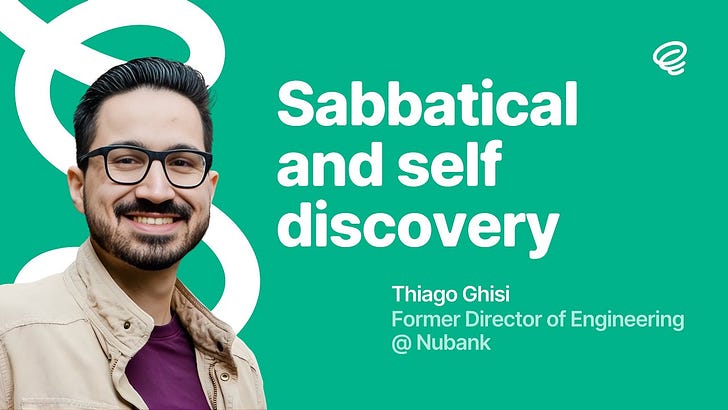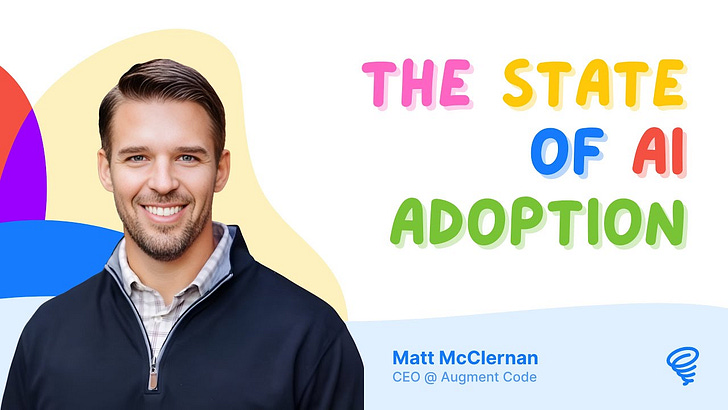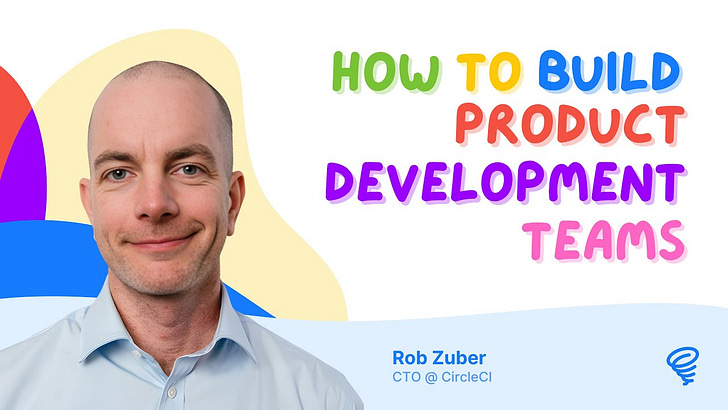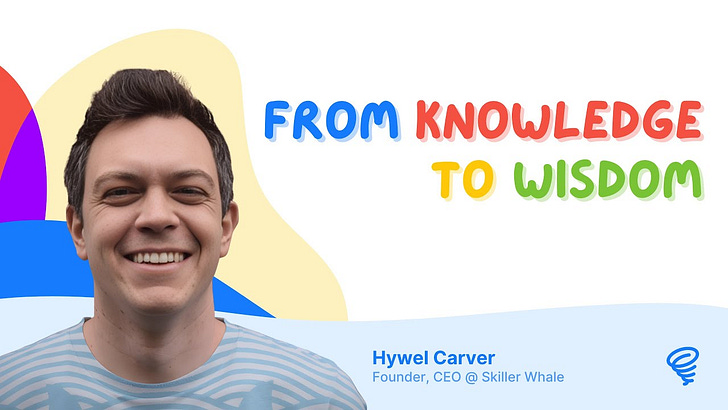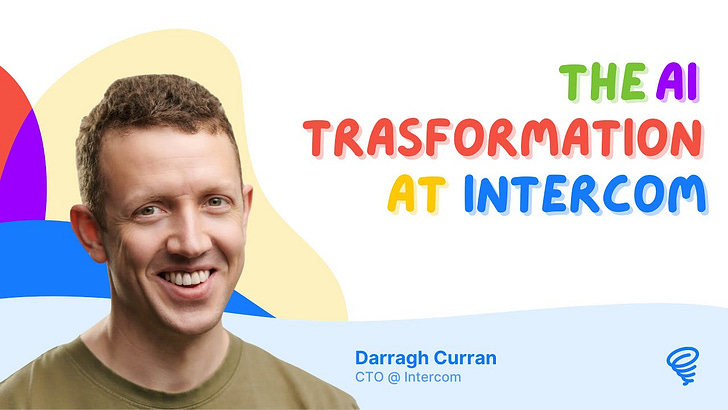Today's guest is Michael Lopp, better known as Rands!
Rands is Senior Director of Engineering at Apple and writer of several popular books about engineering management, including "Managing Humans", which is a personal favorite of mine.
With Rands, we discuss his journey into writing and the impact it had on his personal and professional growth. We reflected on his leadership style and the complexities of modern engineering management.
This episode is brought to you by Swarmia! The engineering intelligence platform that serves some of the best software companies in the world.
You can get 20% off by booking a demo at swarmia.com/refactoring!
🎙️ Episode
You can watch the full episode on Youtube:
Or listen to it on Spotify, Apple, Overcast, or your podcast app of choice.
🥇 Interview Summary
If you are a 🔒 paid subscriber 🔒 you will find my own summary of the interview below.
It’s the 10-minute, handcrafted takeaways of what we talked about, with timestamps to the relevant video moments, for those who don’t have time to sit through the 1-hour chat.
Here is the agenda:
📝 From Engineering to Writing (01:54)
📚 The Personal & Professional Impact of Writing (07:18)
🎯 Leadership Style: Listening Over Loudness (21:12)
⚡ The Evolution of Engineering Management (30:11)
🤖 AI as an Accelerant, Not a Replacement (36:19)
Let's dive in 👇
1) 📝 From Engineering to Writing (01:54)
Rands' writing journey began long before tech blogging became mainstream. He started journaling at 14 and had been writing essays and even books on his computer before the concept of "blogs" existed.
His breakthrough came with a viral piece about one-on-ones that attracted 12,000 readers when he typically saw only 12 people visit his site daily. This experience taught him what resonated with his audience—engineers who lacked a practical leadership playbook.
"I thought I found that sort of speaking writing about leadership for engineers resonated... not because I thought it was a good idea. It resonated because people just everyone showed up when I sort of write about one-on-ones or public speaking."
The key insight from Rands' experience is that writing crystallizes thoughts and transforms opinions into concrete ideas.
His approach isn't just about sharing knowledge—it's about using writing as a tool for deeper thinking and continuous learning about the topics he cares about.
2) 📚 The Personal & Professional Impact of Writing (07:18)
Writing has fundamentally shaped Rands' career trajectory in unexpected ways. He hasn't needed a traditional resume in over a decade because his writing has built what he calls "nerd fame"—industry recognition that opens doors.
Beyond career benefits, writing provides therapeutic value and serves as a grounding mechanism for processing complex thoughts and emotions about work and leadership challenges.
📖 Finishing matters — while casual writing (100 words daily) builds habits, completing books provides unique lessons about persistence and achievement.
🔄 Iterative learning — his perspective on topics like whether managers should code has evolved over 15+ years of writing and reflection.
🎯 Long consideration — writing allows for deep, multi-year exploration of ideas rather than surface-level opinions.
"Writing makes me smarter about the topic that I'm writing about because it takes opinions that I have or feelings that I have and turns them into ideas."
The stress of book deadlines, while "miserable hard," builds confidence and skills that casual writing alone cannot provide.
3) 🎯 Leadership Style: Listening Over Loudness (21:12)
Rands describes himself as a listener-first leader who focuses on understanding situations before taking action. His approach challenges the tech industry's "hero culture" that celebrates dramatic save-the-day moments.
His philosophy centers on proactive prevention rather than reactive heroics:







